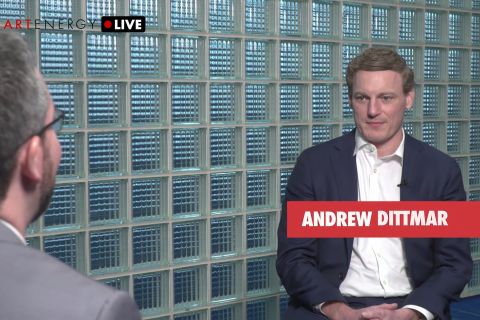Everyone is familiar with the recent woes of the U.S. dollar. Currency fluctuation has the potential to cause conflicts in commercial contracts in which sellers have entered into fixed-price contracts with customers. It’s no surprise that the sellers would seek an adjustment to pricing when the currency of the contracts drops, making a sale a losing prospect. However, many buyers obviously, under the circumstances, insist on the price they bargained for.
Some sellers have attempted to use the force majeure provision present in many U.S.-based commercial contracts as their way out of a losing fixed-price arrangement with buyers. The problem, as most of these sellers are quickly discovering, is that U.S. case law almost unanimously rejects the application of force majeure provisions to currency fluctuations.
Typical force majeure provisions cover natural events, such as earthquakes and hurricanes. However, many also contain non-natural events, such as war and strikes, or the inability to secure raw materials at a certain price. In some instances, the non-U.S. seller might argue that a force majeure based on currency fluctuations is a similar non-natural event—not a particularly persuasive argument.
To obtain greater protection against such fluctuations, parties to an international contract should carefully consider the addition of stop-loss provisions that force a renegotiation when currency fluctuates by more than a certain percentage. Parties can also consider the use of an automatic-adjustment provision based on rates published by a third party.
A compromise approach can also include the use of a “collar” that permits currency fluctuations to change within a certain range before a price adjustment is triggered. The key to these provisions is detail and a clear, unambiguous reference to a well-known benchmark.
--Aaron Ball
About the author: Aaron Ball is a Houston-based attorney with Looper, Reed & McGraw and focuses on international transactions and planning for the oilfield and manufacturing industries. He can be reached at aball@lrmlaw.com and at 713-986-7000. And his blog, “Cross-Border Transactions,” is available at http://lrmlawblog.com/international/.
Recommended Reading
Exclusive: Andrew Dittmar Expects Increased Public M&A in 2024
2024-02-15 - In this Hart Energy LIVE Exclusive, Andrew Dittmar, Enverus Intelligence's senior vice president, compares 2023 consolidation to what he expects in 2024, including more public to public deals.
Green Light: NatGas Industry Just Fine, TG Natural Resources CEO Says
2024-03-27 - Craig Jarchow, president and CEO of TG Natural Resources, updated the integration status of its $2.7 billion acquisition of Rockcliff Energy and addressed macro concerns about the natural gas business at Hart Energy’s DUG GAS+ Conference and Expo in Louisiana.
Range Resources Plans Flat Production Target in 2024
2024-02-23 - Gas producer Range Resources is focusing on system flexibility to respond to market trends.
Antero Poised to Benefit from Second Wave of LNG
2024-02-20 - Despite the U.S. Department of Energy’s recent pause on LNG export permits, Antero foresees LNG market growth for the rest of the decade—and plans to deliver.
The OGInterview: TG Natural Resources Rides LNG Wave
2024-03-01 - TG Natural Resources rides the LNG wave with its Rockcliff deal amid a shale consolidation boom.





